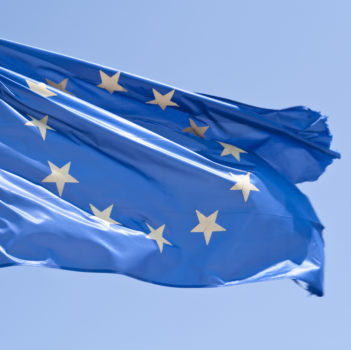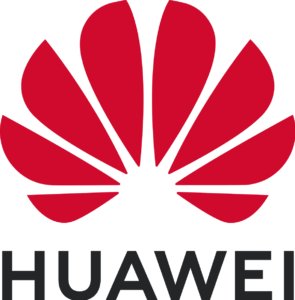EU Reveals Plans to Curtail GAFA; India May Force E-commerce Firms to Share Source Codes
by Grace Dillon on 6th Jul 2020 in News

In today's ExchangeWire news digest: the EU's head of digital-policy reveals plans for new regulations against US tech leaders; the government of India is expected to demand that e-commerce firms share their source codes to create a level playing field; and the UK announces it is removing Huawei from its plans for a 5G network.
EU to tighten rules around GAFA
After years of friction between US tech powerhouses and the European Union, the international authority has announced that it is taking action. The EU’s chief of digital-policy and antitrust, Margrethe Vestager, revealed a detailed plan for how the bloc intends to put an end to the alleged misbehaviour of some of the world’s biggest tech firms.
Alphabet Inc., which owns Google, Amazon, and Facebook are all amongst the businesses that Vestager intends to subject to the new package of regulations. The announcement marks a concerted effort by the EU to put a stop to the alleged anticompetitive behaviour of these firms, which has seen them develop a stranglehold over the digital landscape.
The new rules will also see safeguards implemented to prevent tech behemoths from avoiding having to pay their share of taxes. This aspect of the package looks to remove the legal loopholes that some business had previously exploited to lower the tax levied against them. Furthermore, a senior EU official revealed that the plan includes proposed action to force tech firms to accept greater accountability when it comes to the posting and sharing of illegal content.
Are the walls finally closing in on GAFA?
India’s government may force e-commerce firms to surrender their source codes

A new draft e-commerce bill may make it compulsory for e-commerce firms to share their source codes with the Indian government. The prospective policy is believed to be part of an effort to make the country’s online retail marketplace more competitive.
The draft reportedly also looks to address the issue of local data storage, and will ask firms to declare whether or not they use “explainable AI” (XAI). However, the government has not revealed how this criterium will affect its dealings with firms using XAI, stating that it will consult with such businesses to “define the categories of e-commerce that would require mirroring or localisation”.
A report by Bloomberg hedges that the government is looking to secure more transparency from online retailers, and that the bill is the first step to setting up an e-commerce watchdog that will police big firms in order to level the playing field. The move follows the government announcement that it intends to impose a 72-hour window for companies to share non-personal user data.
The new bill could see the dominance of market leaders, including Flipkart and Amazon, reined in by forcing them to reveal the technical solutions behind their success. Whilst firms are yet to respond to the move, it’s unlikely that they’ll take it lying down.
The UK terminates relationship with Huawei
 The UK government has revealed that it intends to cease its co-operation with Huawei over work on a nation-wide 5G network. The move reportedly comes after the UK’s intelligence and security body, GCHQ, determined that the Chinese company poses a greater level of risk than first believed.
The UK government has revealed that it intends to cease its co-operation with Huawei over work on a nation-wide 5G network. The move reportedly comes after the UK’s intelligence and security body, GCHQ, determined that the Chinese company poses a greater level of risk than first believed.
The decision comes after a study found that sanctions imposed by the US against the Chinese tech giant will force it to use “untrusted” technology, according to reports. Prime Minister Boris Johnson is said to have not yet viewed the report, which is set to be presented to him this week.
Doubt over the security of Huawei surfaced earlier this year, but had not been enough for the government to terminate its relationship with the tech firm. Johnson had announced that the controversial company would play a smaller role in the UK’s development of a 5G network back in January, despite rising concerns.
The decision to remove Huawei completely has sparked backlash from the firm, with head of international media, Tim Harrison, accusing the UK government of pandering to the Trump administration. In a series of tweets, Harrison alleges that the US has launched a smear campaign against Huawei in order to stave off competition.
Ad TechChinaEuropeIndiaRegulation








Follow ExchangeWire